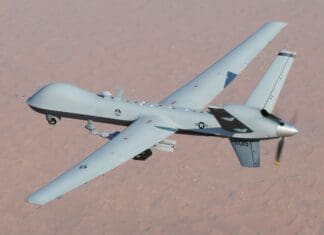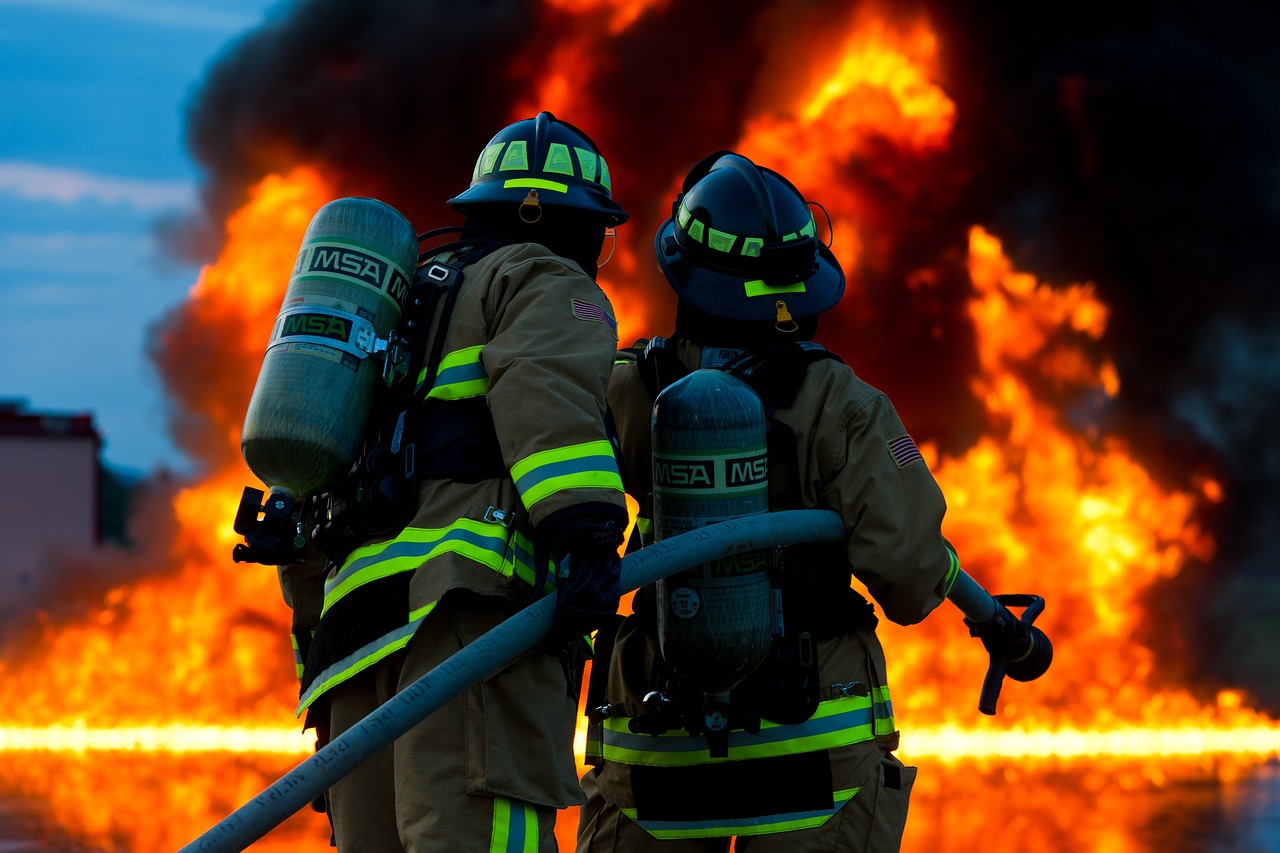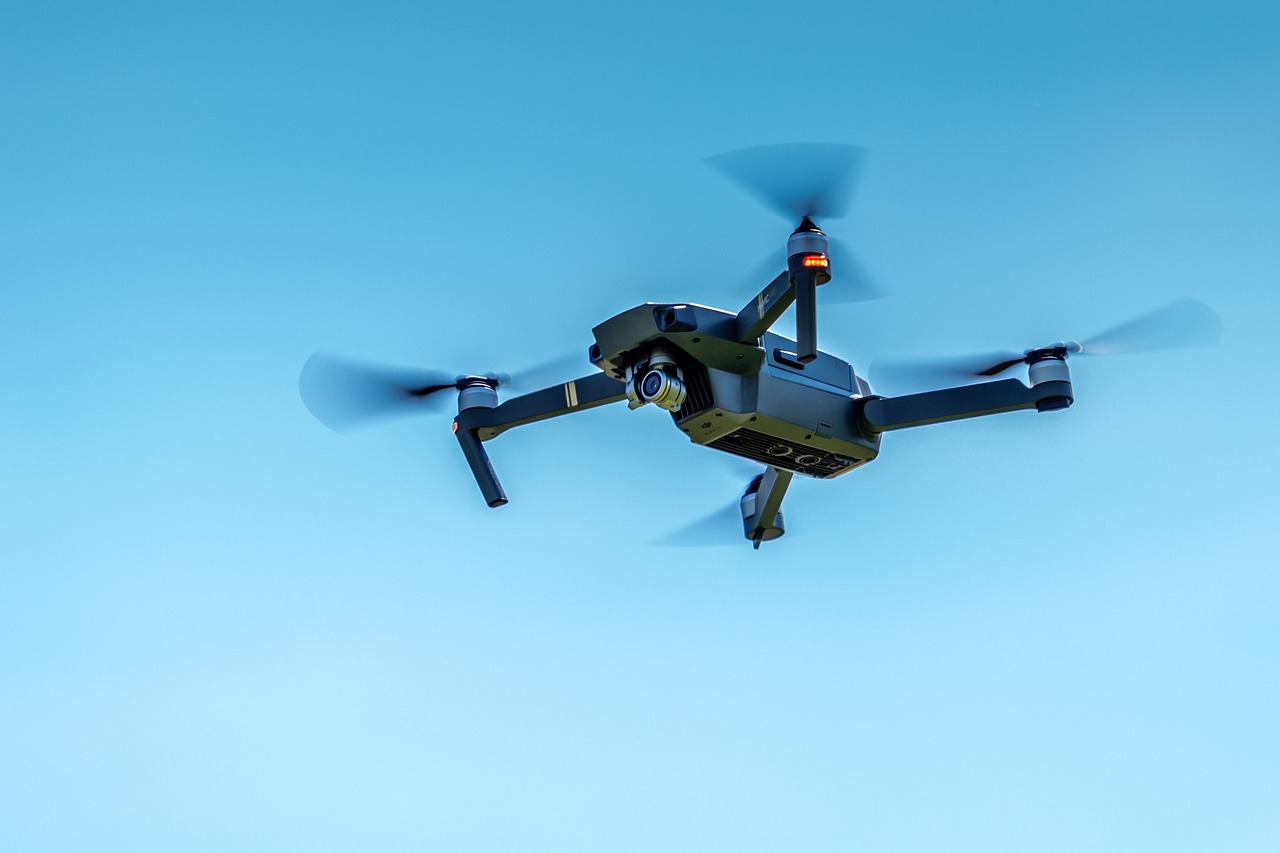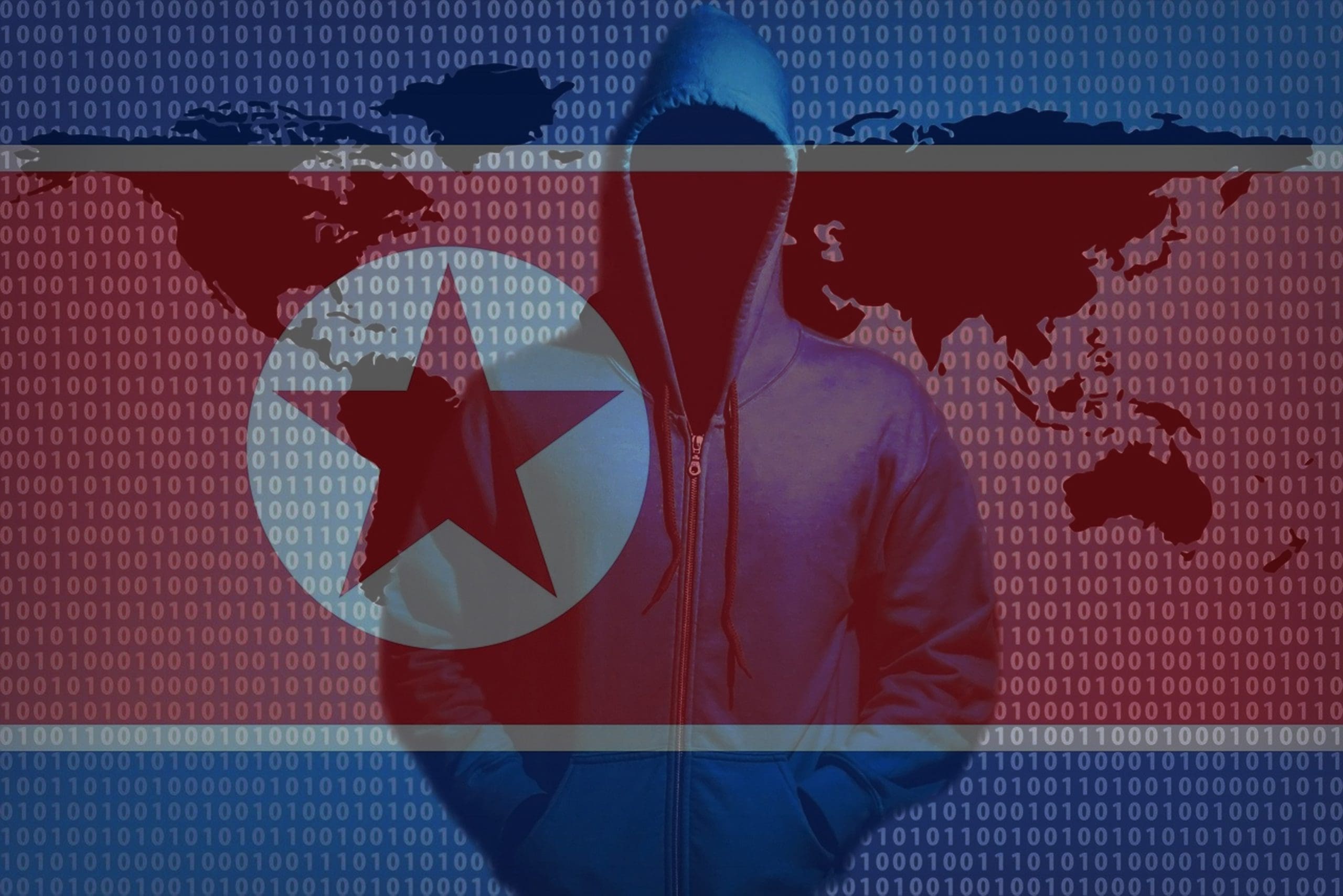This post is also available in:
 עברית (Hebrew)
עברית (Hebrew)
The US House of Representatives Committee on Homeland Security’s Emergency Preparedness, Response, and Communications Subcommittee recently held a hearing to examine the threat level from a terrorist attack in the US agricultural sector.
Agriculture and food products make up about 20 percent of the country’s economic activity, contributing $835 billion to US GDP, and represent some 8 percent of jobs in the country. A terrorist attack on this sector could have significant and far reaching repercussions.
“An intentional attack or natural disruption of US agriculture or food, therefore, would present a serious threat to this nation and cause major economic damages on a number of levels,” Subcommittee Chairman Martha McSally stated.
“There will be costs related to containing disease and destruction of livestock, compensating farmers for loss of agricultural commodities and losses in other related industries, and trade embargoes imposed by other nations.”
An August 2015 outbreak of Highly Pathogenic Avian Influenza (HPAI) in Iowa cost the state an estimated $1.2 billion in economic activity, including 8,444 jobs. Despite biosecurity measures put into place, the industry was ill equipped to deal with a natural outbreak.
An agro-terrorist attack could be much worse, undermining confidence in government, business, and security forces, and endangering thousands of lives.
“This goes to the heart of what we know groups like ISIS are trying to do—terrorize by any means possible,” McSally said.
The food supply chain is one of the most appetising targets for a terrorist group. The industries are generally some of the most vulnerable and least protected targets of potential attacks. “For the life of me I cannot understand why terrorists have not targeted our food supply, since it is so easy to do,” McSally said.
The lessons from this session should reach far and wide. They give warning to leaders around the world, many in countries with food supplies far more vulnerable than the US, of the potential dangers.


























